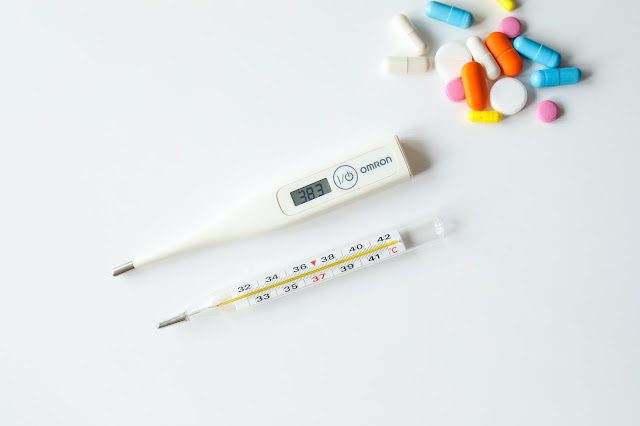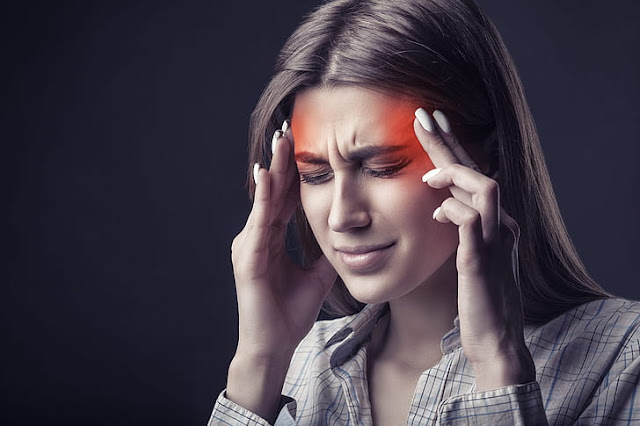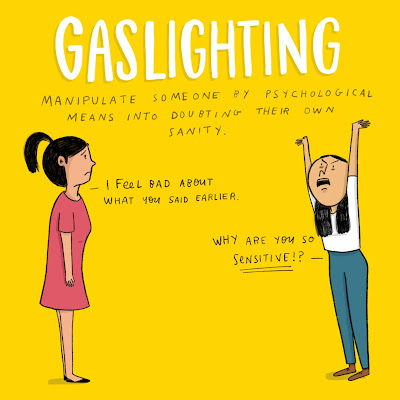What is Normal Body Temperature for an average human?
Our
temperature
affects all aspects of our health. It is often referred to as the inner clock
that keeps us asleep and keeps us awake. Our temperature rises and falls is the
fourth sign in our body to produce feelings of arousal or fatigue. When your
body temperature drops, you will begin to feel tired. So, as your body
temperature rises, you will feel stronger and more alert.
Remember
that your temperature rises and falls throughout the day depending on your activities
and environment. It is not surprising that when we place great physical needs
in us the body temperature will rise. It happens that when you stop physical
activity your body temperature will drop.
What is Normal Body
Temperature for an average human?
You
may have heard that the “normal” body temperature is 98.6 ° F (37 ° C). This
number is only medium. Your body temperature may rise or lower.
High
or low temperature
reading does not mean you are sick. There are many factors that can affect your
body temperature, including your age, gender, time of day, and level of
activity.
Continue
reading to find out more about healthy body temperature for babies, adults and
adults above 65.
What is healthy
body temperature? Is it same for all age persons?
Your
body's ability to regulate temperature changes as you grow older.
In
general, older people have more difficulty retaining heat. They are more likely
to have low body temperature. Body temperature based on different ages given
below-
Babies and
children:
In babies and children, the average body temperature ranges from 97.9°F
(36.6°C) to 99°F (37.2°C).
Adults: In the
adults, average body temperature ranges from 97°F (36.1°C) to 99°F (37.2°C).
Adults above 65: In
older adults, the average body temperature is lower than 98.6°F (37°C).
Always
remember body temperature varies from person to person.
Some factors
affecting your body temperature
Researchers
have found that our bodies often become warmer during the day. As a result, the
early morning fever is likely to occur at a lower temperature than during the
day.
The
time of day is not the only thing that can affect the temperature. As the above
grades show, young people tend to have higher body temperature. This is because
our ability to regulate body temperature decreases with age.
The
level of physical activity and certain foods or beverages can also affect body
temperature.
Women's
body temperature is also influenced by hormones, and can rise or fall in
different areas during the menstrual cycle.
Besides,
how you take your temperature can affect reading. Armpit reading can be more
complete than oral reading.
And
readings from the mouth are usually lower than readings from the ear.




Comments
Post a Comment